
Yeoh’s speech went down well – as did her performance as a stressed laundrette owner in the heavily decorated multiverse film, Everything Everywhere All At Once. The sci-fi family saga – and its largely Asian and Asian-American cast – cleaned up on Monday, winning seven Academy Awards including best picture, direction and three acting gongs.
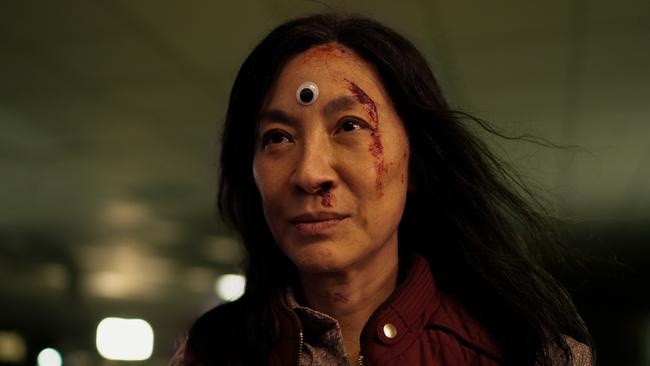
Yet in the run-up to the awards, the best actress contest was marked by rancour and racial division. This underscores how identity politics and aggressive marketing campaigns targeting Oscar voters – which can have more to do with actors’ backstories than their performances – are undermining the awards’ claims of excellence and transparency.
The controversy started with black performers Viola Davis (The Woman King) and Danielle Deadwyler (Till) complaining about racism when they missed out on nominations in the best actress category. The surprise inclusion of British actress Andrea Riseborough – who plays an alcoholic single mother in the indie film To Leslie - sparked claims African-American women were being excluded from a category they have not won in 22 years.
Riseborough lacked big studio backing, so her performance was championed by A-listers including Helen Hunt and Gywneth Paltrow – this led to an official investigation by the Academy of Motion Picture Arts and Sciences, which eventually cleared the nomination. Then it was revealed another nominee, Michelle Williams, had campaigned for her nod in the best actress category despite assumptions she played a supporting role in Steven Spielberg’s The Fabelmans.
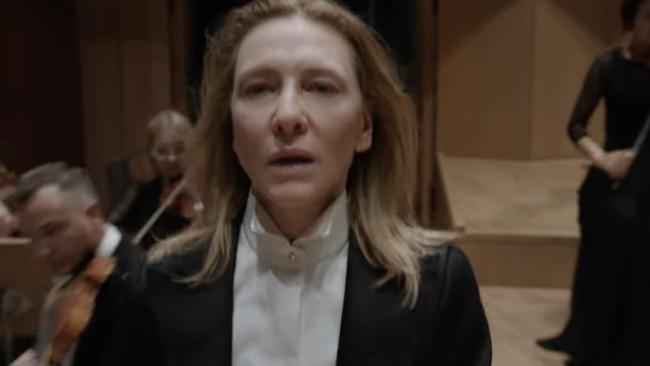
The race eventually narrowed to a tussle between Yeoh and Cate Blanchett, whose portrayal of a sexually predatory conductor in Tar has earned ecstatic reviews – but the controversy didn’t end there. On the final day of Oscars voting, Yeoh posted – then deleted – on her Instagram account an excerpt from a Vogue article that argued she should win the best actress accolade, rather than Blanchett.
Headlined “It’s Been Two Decades Since We’ve Had a Non-White Best Actress Winner. Will that change in 2023?’’ the article said: “Detractors would say that Blanchett’s is the stronger performance — the acting veteran is, indisputably, incredible as the prolific conductor Lydia Tár — but it should be noted that she already has two Oscars. … Considering her (Blanchett’s) expansive and unparalleled body of work, are we still in need of yet more confirmation?” Vogue went on to argue a win for Yeoh would be “life-changing”.
All this manoeuvring raises questions about to what extent behind-the-scenes campaigning – combined with the film colony’s diversity push – are shaping the Oscars, while stoking concerns the awards once caned for being #OscarsSoWhite risk turning into #OscarsSoWoke.
This week, Raging Bull and Taxi Driver writer Paul Schrader said on Facebook: “The Oscars mean less each year. The reasons for this are clear: the need for revenue compounded by the debt carried by the [academy’s] museum and lowering film revenues and the scramble to be woke.” Schrader has a point. Early this century, the Academy Awards ceremony was watched by more than 40 million Americans. Now, the viewing figures are less than half that.
Diversity matters. It’s clearly unacceptable that no woman of colour has been crowned best actress since Halle Berry won for Monster’s Ball in 2001. It’s also clear the Academy is terrified of any repeat of the 2015-16 #OscarsSoWhite scandal, when all 20 acting nominees were white.

Still, at times it seems as if the awards are geared towards appeasing social media warriors, along with those who keep diversity scorecards on everything from gender and race to sexuality and disability, as if art is just a numbers game. Consider EEAAO’s seven Oscars – a haul that puts this wildly uneven film ahead of previous best picture winners Nomadland (which garnered three statuettes); Parasite (four); 12 Years A Slave (three) and The King’s Speech (four). In 1973, Francis Ford Coppola’s masterpiece, The Godfather, garnered three gongs – less than half of EEAAO’s monster catch.
As Variety noted, this year “acclaimed best picture nominees including Elvis, The Fabelmans, Banshees of Inisherin and Tar went home empty-handed despite 30 nominations among them’’.
Directed and written by “the Daniels” Daniel Kwan and Daniel Scheinert, EEAAO featured plenty of racial and sexual diversity in its casting, directing and storyline. The film also takes a fearlessly innovative approach to its depiction of alternate worlds. Significantly, The Guardian and film website World of Reel reported that A24, the indie studio behind the movie, mounted a forceful Oscars marketing campaign by playing up the difficult life or career backstories of its stars.
I found the film disjointed, overly long and often opaque. The domestic drama at its heart – a reconciliation story between Yeoh’s immigrant mother character and her lesbian daughter – is involving but predictable: it’s a mystery how this script prevailed over Martin McDonagh’s lyrical Banshees screenplay.

A24’s stable of actors includes The Whale’s Brendan Fraser, who wrested the best actor award from early favourite, Elvis’s Austin Butler. Was Fraser’s comeback performance – his depiction of a morbidly obese man was influenced by “obesity advocates’’ – more deserving than Butler’s electrifying triple threat, as he sang, acted and gyrated his way through Baz Luhrmann’s epic? Of course it wasn’t. Butler was robbed, as many Twitter commenters noted.
The breakout star captured the hearts of multiple generations of film-goers: Elvis earned more than $400 million at the box office worldwide, yet Luhrmann’s film was snubbed by the Academy. Meanwhile, the two blockbusters credited with saving post-pandemic Hollywood by bringing audiences back into cinemas – Top Gun: Maverick and Avatar: The Way of Water received only grudging recognition – best sound for the former and best visual effects for the latter. Neither Cruise nor Avatar director James Cameron turned up for the ceremony. Their absence was mocked by host Jimmy Kimmel, but was it a sign of the awards’ diminishing popular relevance?
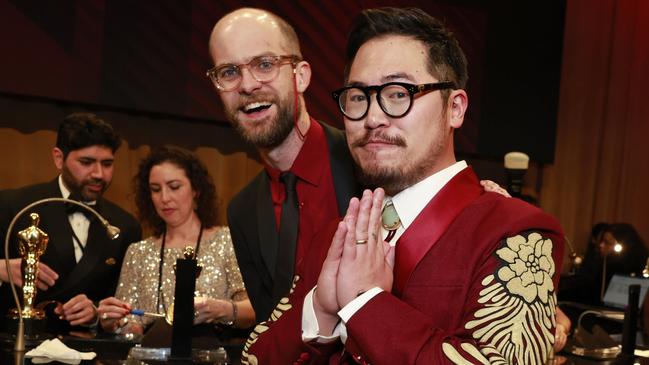
None of this is to deny that diversity and excellence can go hand in hand at Hollywood’s night of nights. In 2021, Chloe Zhao became the first woman of colour to win the directing award for Nomadland, a gritty yet deeply humane account of America’s new breed of homeless working poor, starring Frances McDormand. And 2020’s best film winner Parasite, a Korean satire about class inequality, was one of the finest films made this century.
Last year, another movie that ticked diversity boxes – Coda, a family story featuring a predominantly deaf cast - took out the best film award. This modest but right-on film edged out Jane Campion’s superb western, The Power of the Dog, in the contest for the top prize, even though the latter was the awards frontrunner, with 12 nominations.
There was speculation Campion – who won the best directing trophy – jeopardised her chances of garnering the top film accolade after she said tennis superstars Venus and Serena Williams “do not play against the guys, like I have to’’. The Kiwi apologised for her gaffe – and the best film prize still went to Coda. That a single, ill-judged remark may have cost an outstanding film such a prestigious honour, says much about what drives the Oscars today.


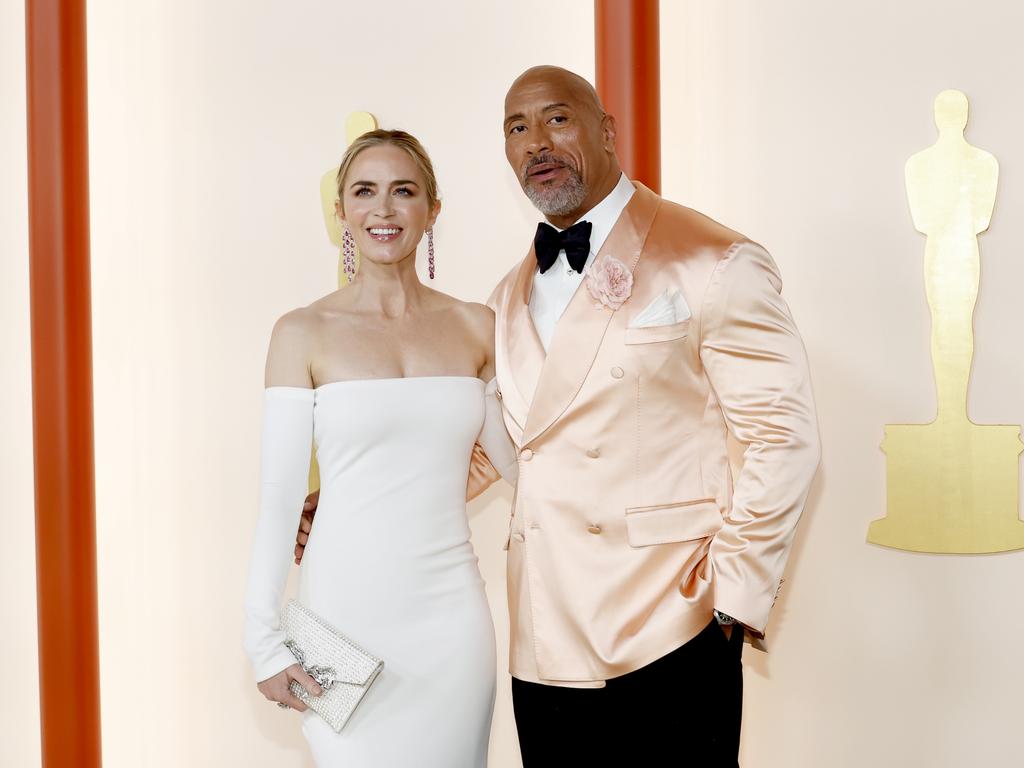
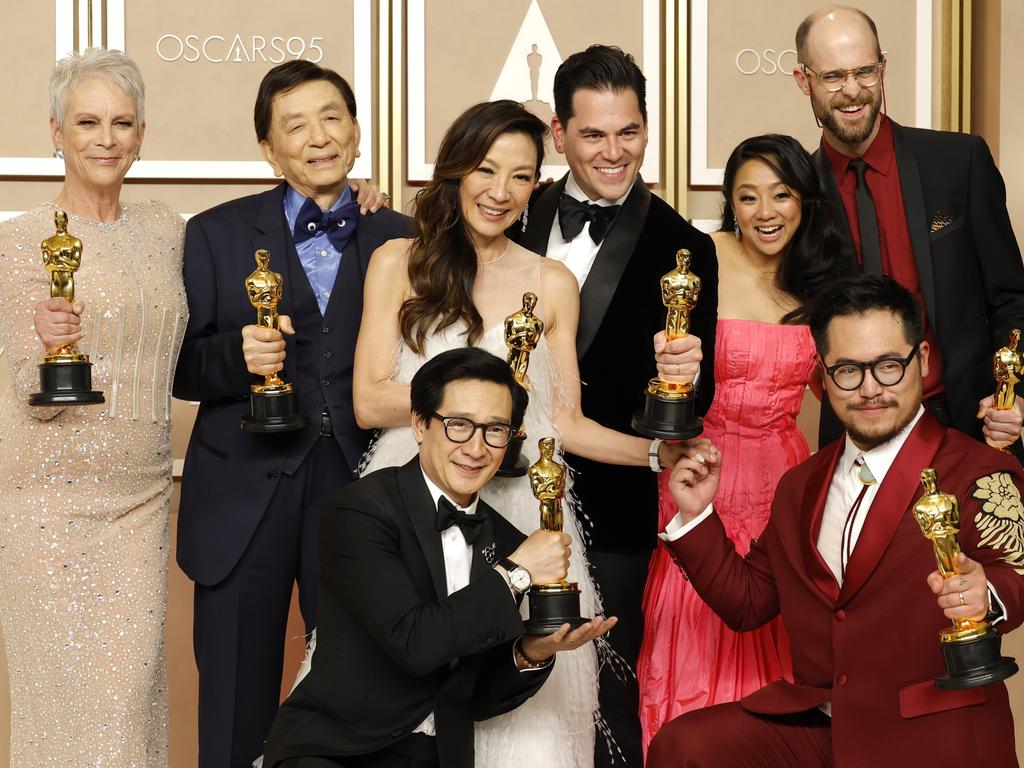



There was no shortage of feelgood vibes emanating from Los Angeles’ Dolby Theatre this week after Michelle Yeoh became the first Asian woman to win a best actress Oscar. Rocking an ethereal white Dior gown, Yeoh said: “For all the little boys and girls who look like me watching tonight, this is a beacon of hope and possibilities.”